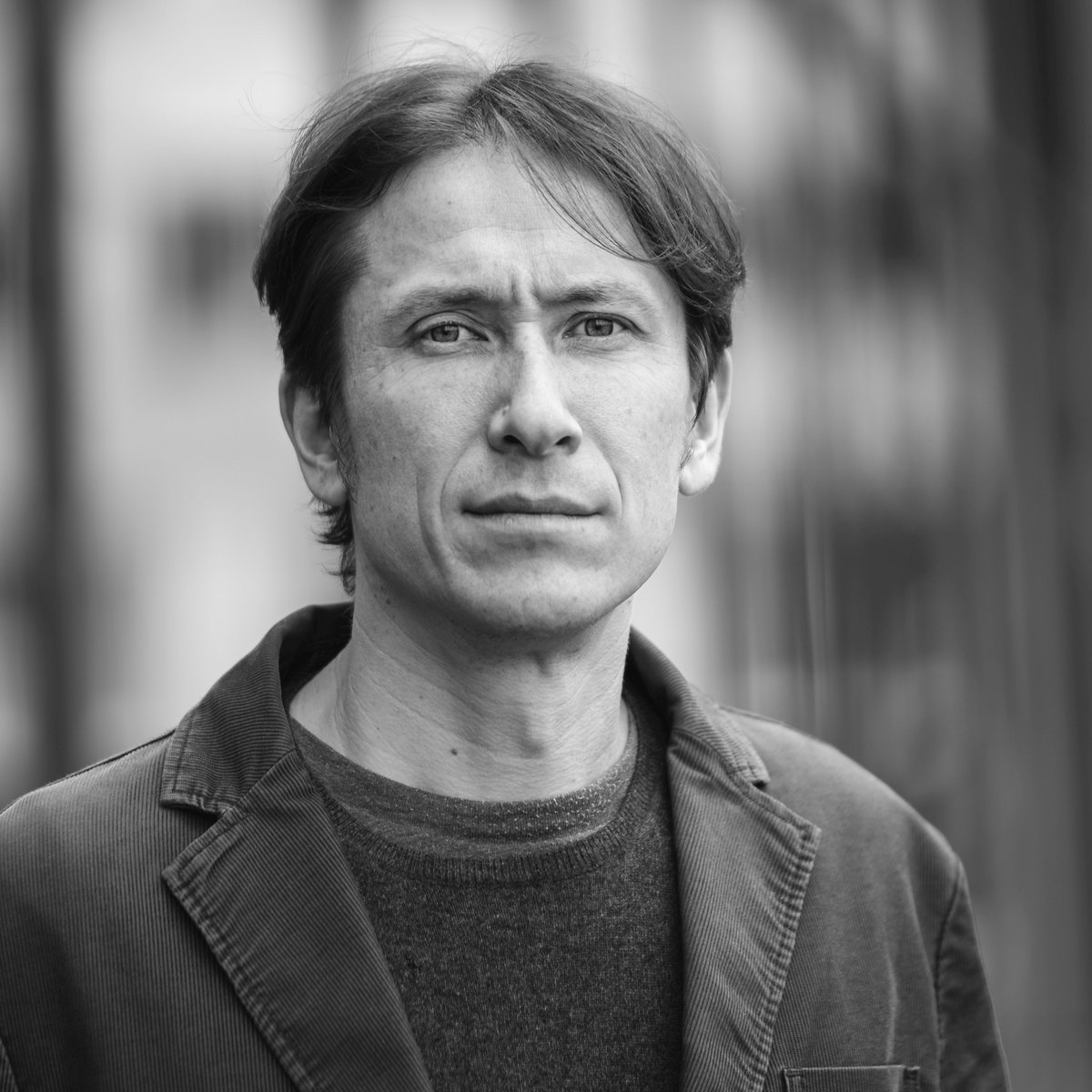CASCB talk: Exploring the wave nature of life across scales - from active matter to ecology
Time
Monday, 24. July 2023
15:30 - 16:30
Location
ZT 1201
Organizer
CASCB
Speaker:
Tom Shimizu, AMOLF
This event is part of an event series „Seminar Series Summer Semester 2023“.
Exploring the wave nature of life across scales - from active matter to ecology
Tom Shimizu, AMOLF
Viewed at sufficiently large scales, the dynamics of any biological population in space and time can be meaningfully described both as particles - individual agents executing random walks in space - and as waves - migrating or expanding fronts of population density. This talk will explore the provocative proposition that confronting this 'biological wave-particle duality' head on provides a surprising and deep connection between three seemingly disparate fields: the physics of behavior, biological active matter, and ecology / evolutionary biology.
I will motivate with specific examples the notion that the study of small organisms whose collective population-level migrations can be studied within the laboratory represents a rich arena for unearthing exciting new questions that cut across these fields. What aspects of the underlying mechanistic dynamics - whether they be active matter processes controling microbial transport and locomotion, or neural networks that govern animal behavior - quantitatively define population waves of ecological consequence? Can an understanding of the evolutionary selection pressures on such collective phenotypes in turn drive deeper understanding of mechanistic design principles? Could building up a taxonomy of such population waves provide a new coarse-grained basis for understanding, predicting, and managing spatial ecology in real-world habitats?
My talk will attempt to place these questions in a concrete context by highlighting our recent work combining experiments and mathematical modeling to address mechanistic, functional, as well as ecological aspects of population migration waves in three contrasting model systems: the bactirum E. coli, the nematode C. elegans, and the arbuscular mycorrhizal fungi (AMF).
About Tom Shimizu:
Thomas Shimizu is interested understanding biological behavior by connecting dyamics across scales. His Physics of Behavior Group at AMOLF, Amsterdam develops experiments, theoretical models, and data analysis methods to dissect biological phenomena at the level of molecules, cells, whole organisms, and populations. A key focus of his reserach is how information is sensed, processed and used in the control of behavior. He received his Ph.D. from the University of Cambridge in 2003 and subsequently held a postdoctoral fellowship at Harvard University, before joining the faculty of AMOLF as a Group Leader in 2009. Since 2015, he also holds a joint appointment as Professor in the Department of Physics and Astronomy, Vrij Universiteit Amsterdam.

